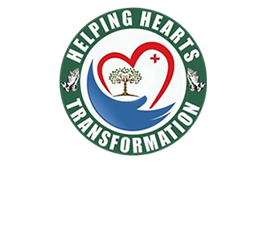
What causes alcohol use disorder?
Scientists are still trying to understand what causes alcohol use disorder. It appears to be a combination of one or more of the following:
- Genetics.
- Early childhood events.
- Attempts to relieve emotional pain.
People are more likely to develop alcohol use disorder if they:
- Consume alcohol often, in large amounts or start early in life.
- Experienced trauma, such as physical or sexual abuse.
- Have a family history of alcohol use disorder.
- Have mental health issues, such as grief, anxiety, depression, eating disorders and post-traumatic stress disorder.
- Have had stomach bypass surgery (Roux-en-y) for weight issues
What are the symptoms of alcohol use disorder?
Signs of alcohol use disorder include:
- Blacking out or not remembering things that happened.
- Continuing to drink even if it causes distress or harm to you or others.
- Drinking more or longer than you planned.
- Feeling irritable or cranky when you’re not drinking.
- Frequent hangovers.
- Getting into dangerous situations when you’re drinking (for example, driving, having unsafe sex or falling).
- Giving up activities so you can drink.
- Having cravings for alcohol.
- Having repeated problems with work, school, relationships or the law because of drinking.
- Needing to drink more and more to get the same effect.
- Not being able to stop drinking once you’ve started.
- Spending a lot of time drinking or recovering from drinking.
- Wanting to cut back but not being able to.
- Obsessing over alcohol.
A person with alcohol use disorder also might experience symptoms of withdrawal when they cut back or stop drinking, such as:
- Anxiety
- Depression
- Irritability
- Nausea, dry heaves
- Racing heart
- Restlessness
- Shakiness
- Sweating
- Trouble sleeping
- Seizures
- Seeing things that aren’t there (hallucinations)
- Delirium tremens
- Coma and death







